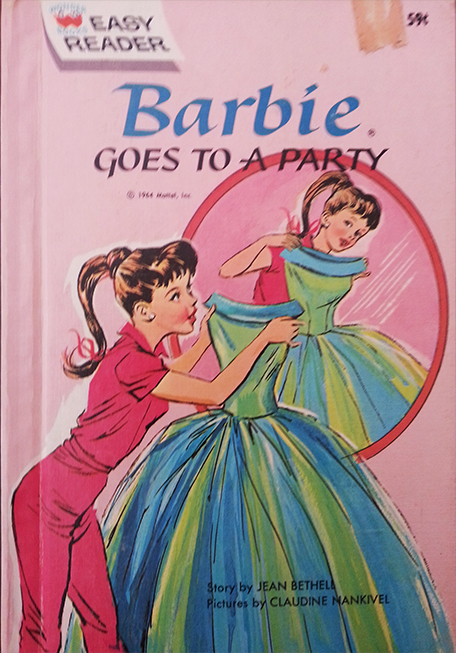When I talk with authors about their stories, sometimes they’ll say. “Yes, there’s romance. But it doesn’t happen until chapter five.”
That’s when I look at the story and try to give advice on how they can change that.
Granted, not every novel is a genre romance, nor should it be. And introducing the love element earlier shouldn’t turn the story into a genre romance. A more likely scenario? The change will make the story more textured and marketable.
Some novels don’t have or need a romantic element at all. One such plot is the Nancy Drew novel. Remember poor Ned? He was the hapless “boyfriend” who appeared in some of those novels. To my mind, as a boyfriend, Ned was a Great Big Why Bother.
But back to the present. If you choose to include a romantic element, I believe it needs to be in the forefront so the reader knows it’s part of the story. Why introduce a romantic element in chapter five or later? What does it accomplish? Usually nothing. By the time we get to chapter five, a romance doesn’t have enough time to impact the storyline for better or for worse, because it hasn’t had –and won’t have – time to develop into a proper romance. Furthermore, readers seeking a romantic element will want to read about that quite soon, while those who don’t won’t care about seeing it develop late in the story.
So start your romance early!
Your turn:
Does your novel suffer from a late-blooming romance? How will you fix this?
Do you disagree? Can you think of a successful novel with a late-blooming romance?











